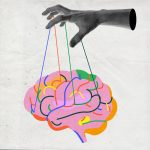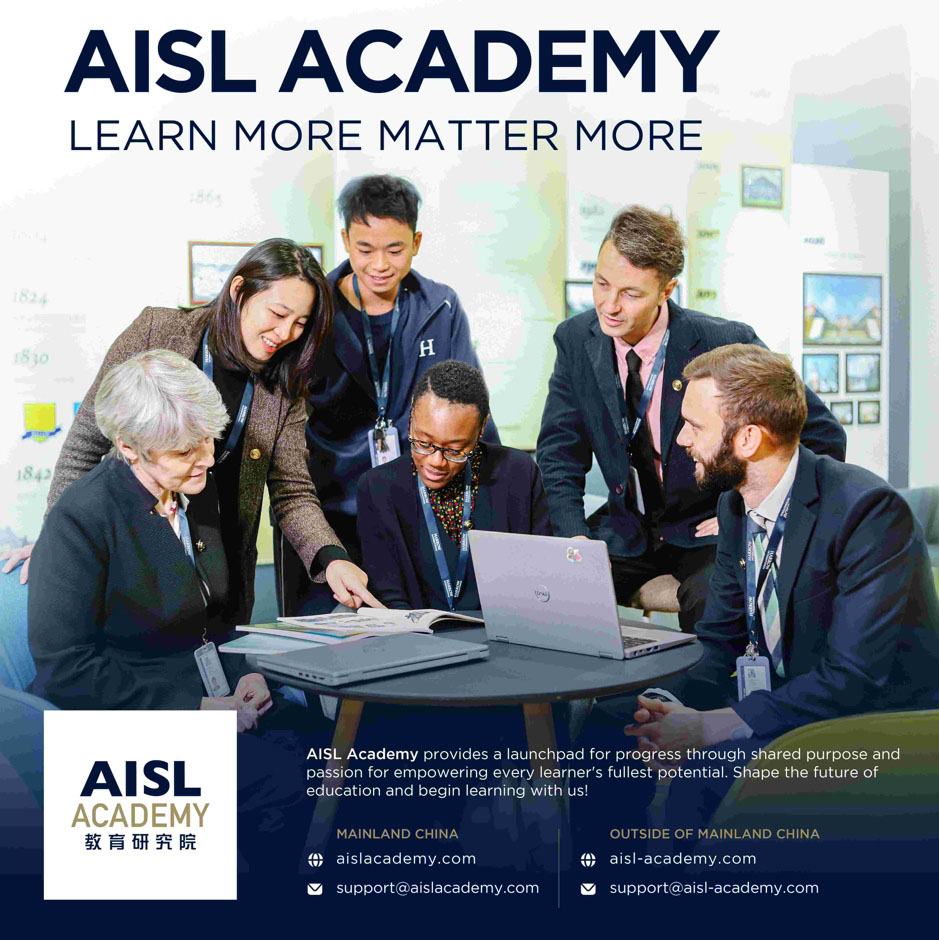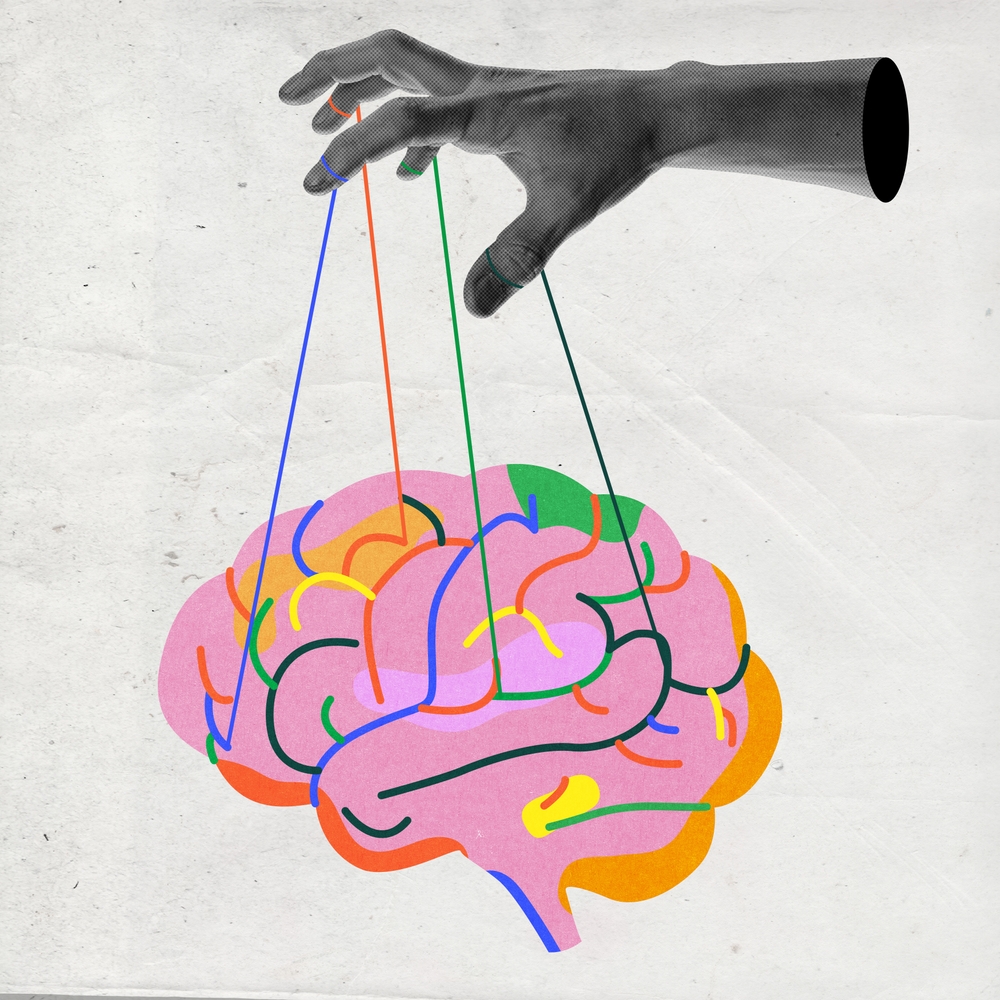Here are some key characteristics of a 21st century teacher:
Technologically literate: A 21st century teacher should be comfortable using technology in the classroom and incorporating it into their instructional practices. This can include using digital learning tools, social media, and other technology resources to enhance student learning.
Flexible and adaptable: The ability to adapt to changing circumstances and be flexible in response to new challenges is an important characteristic of a 21st century teacher. This can include being open to new teaching methods and approaches and being willing to experiment and try new things.
Collaborative: Collaboration is an important skill for 21st century teachers, as it allows them to work effectively with other teachers, administrators, and community members to improve student learning outcomes.
Culturally competent: In a globalized and diverse world, cultural competence is an important characteristic of a 21st century teacher. This includes having an understanding of different cultures, languages, and perspectives, and being able to incorporate this knowledge into instructional practices.
Lifelong learner: A 21st century teacher should be committed to ongoing professional development and lifelong learning. This can include attending workshops and conferences, pursuing advanced degrees, and staying up-to-date on the latest research and trends in education.
Student-centered: A 21st century teacher should be focused on meeting the needs of their students and creating a student-centered learning environment. This can include using differentiated instruction, providing opportunities for student choice and voice, and incorporating student interests into instructional practices.
Innovative: Innovation is an important characteristic of a 21st century teacher, as it allows them to develop new and creative approaches to teaching and learning. This can include experimenting with new teaching methods, incorporating emerging technologies, and developing new curricular materials.
Data-driven: A 21st century teacher should be able to use data to inform instructional decision-making and improve student outcomes. This can include using data to identify student strengths and weaknesses, track progress, and adjust instructional practices as needed.
Critical thinker: A 21st century teacher should be a critical thinker who is able to analyze and evaluate information, make informed decisions, and solve complex problems. This skill is particularly important in a rapidly changing world where new challenges and opportunities arise frequently.
Effective communicator: Communication is an important skill for 21st century teachers, as it allows them to effectively convey information to students, parents, and colleagues. This can include using clear and concise language, active listening, and providing feedback.

While there are no specific statistics on 21st century teachers, there are a number of studies and reports that highlight the importance of the characteristics of 21st century teachers.
A key study by the National School Boards Association found that collaboration and communication skills are essential for 21st century teachers, as they are often working as part of a team to improve student outcomes.
These studies and reports highlight the importance of the key characteristics of 21st century teachers and the impact they can have on student learning outcomes. By embodying these characteristics, teachers can help prepare their students for success in a rapidly changing world.









